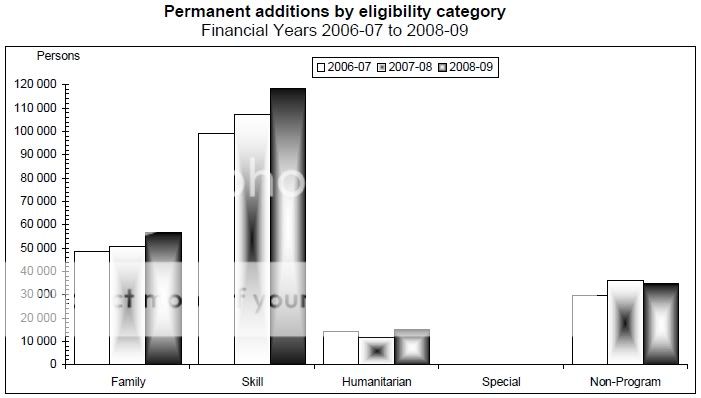regardless of what the stats there is clearly a case for economies of scale and international influence.
Really? Stats...??? We are talking standards of living are we? Lets look at the top 10 nations in GDP per capita?
1 Liechtenstein $ 122,100
2 Qatar $ 121,700
3 Luxembourg $ 78,000
4 Bermuda $ 69,900
5 Norway $ 58,600
6 Jersey $ 57,000
7 Kuwait $ 54,100
8 Singapore $ 50,300
9 Brunei $ 50,100
10 Faroe Islands $48,200
I haven't even heard of some of these places. Not many of these nations would exert much international influence on anything.
Norway is interesting. Everyone knows that a lot of Norways wealth comes from northsea oil. Just like Britains. But as it's divided by just 4.6 million people, with almost non existant population growth, the country is rolling in it. Not so with the poor old Poms.
These places all have extremely low population growth rates. Funny that, I thought you needed high growth? Isn't that what we are constantly told?
I wonder whats going on down the other end of the scale?
219 Afghanistan $ 800
220 Central African Republic $ 700
221 Eritrea $ 700
222 Niger $ 700
223 Guinea-Bissau $ 600
224 Somalia $ 600
225 Liberia $ 500
226 Burundi $ 300
227 Congo, $ 300
228 Zimbabwe $ 200 2008 est.
All with massive population growth. Mostly basket case economies. Lots of violence and war and genocide going on.
It's a complete and utter con job being pulled on the residents of this country by the government, big business and the property industry that we need this massive population growth to sustain our standard of living. The most stupid argument is the ridiculous one about we need younger workers to support our aging population. If this is the case it means we are in a giant ponzi scheme. If we need more and more people for ever more, that's exactly what it is. A ponzi scheme.
Another example?
If population is everything, then tell me this?
Imagine if Western Australia decided to susceed from the commonwealth of Australia. Imagine if Kev was silly enough to say, "fine, on your way then".
So we have two nations,
Western Australia with 2.2 million people, massive export earnings, 33% of Australia's exports, Gross state product of $70,000 per capita.
The rest of Australia with nearly 20 million people. 66% of Australia's exports, Gross state product of about $50,000 per capita.
Using your argument, WA would be less well off than the rest of Oz? It wouldn't, WA with one tenth of the population and massive wealth and export earnings would be right up there with the wealthiest nations in the world, the the rest of Oz would be in far more trouble, especially with debt.
But WA is stuck with us. Every one of the 22 million residents owns a share of the wealth. I reckon there's probably a billion dollars worth of coal under my farm, a thousand hectares. I don't own it, the residents of Australia do.
See ya's.

